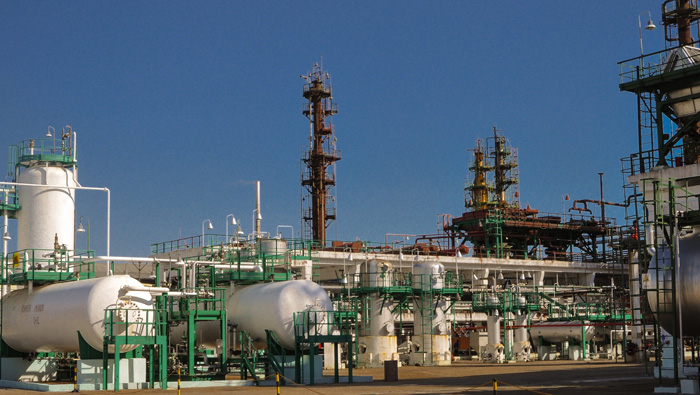
New York: Oil fell after the longest run of gains in four years as Iraq sought to increase exports amid a global oversupply and Nigerian militants called an end to hostilities.
Futures dropped as much as 3 per cent in New York after climbing 16 per cent the previous seven sessions. Iraq will boost crude shipments by about 5 per cent in the next few days following an agreement to resume exports from three oil fields in Kirkuk.
The Niger Delta Avengers declared an end to attacks on oil infrastructure and will conduct talks with the government, according to a statement on a website that says it represents the group.
Oil had entered a bull market on Thursday, having climbed more than 20 per cent since dipping below $40 a barrel earlier in the month. Speculation that informal Organisation of Petroleum Exporting Countries (Opec) talks next month may lead to action to stabilise the market had pushed prices higher, yet some oil-producing nations may be reluctant to cap output as crude’s two-year slump continues to erode revenue.
“Because of the fiscal position many oil producers find themselves in, they all desperately want to produce more volume,” Stephen King, senior economic adviser to HSBC in London, said in a Bloomberg Television interview. “A freeze in itself would be very good news for the oil market. The difficulty is trying to enforce a freeze in any particularly credible way.”
Iraq exports
West Texas Intermediate for September delivery, which expires Monday, slid as much as $1.43 to $47.09 a barrel on the New York Mercantile Exchange. The contract rose 30 cents on Friday to close at $48.52 for a seventh day of gains, the longest run since July 2012. The more-active October future was down $1.41 at $47.70 in London. Total volume traded was about 22 per cent above the 100-day average.
Brent for October settlement dropped 3.2 per cent to $49.25 a barrel on the London-based ICE Futures Europe exchange, trading at a premium of $1.55 to WTI for the same month. The global benchmark crude slipped 1 cent on Friday to close at $50.88.
Iraq will increase exports by about 150,000 barrels a day as shipments resume from the Baba Gorgor, Jambour and Khabbaz fields, Fouad Hussein, a member of the oil and energy committee of the Kirkuk provincial council, said by phone Sunday. The nation is the second-biggest Opec producer, pumping 4.36 million barrels a day last month, according to data.